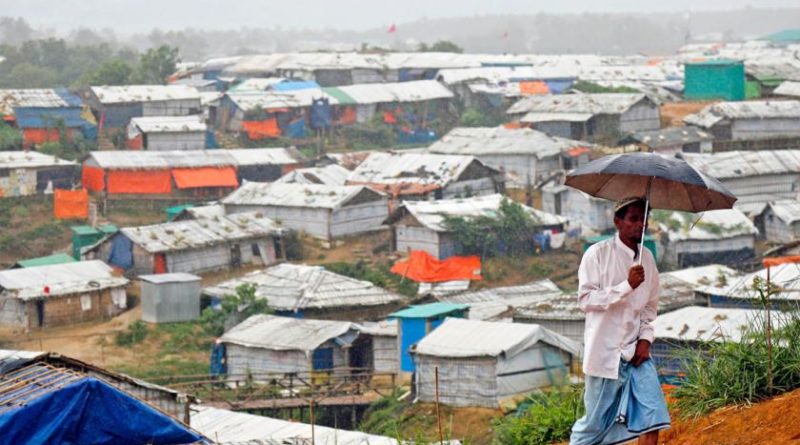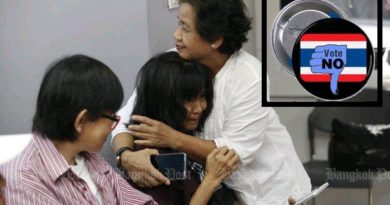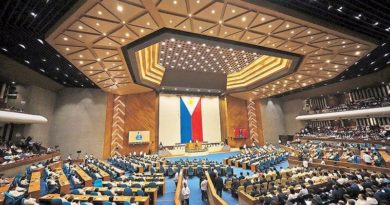IMMIGRATION: COX’S BAZART DISTRICT, Bangladesh- No repatriation request from Rakhine refugees: minister
A refugee from northern Rakhine State walks on a road in a refugee camp in Cox’s Bazar district, Bangladesh, in August. Photo – EPA
.
The government says it has not received any formal request for repatriation from minority Muslims from Rakhine State living in refugee camps in Bangladesh.
U Thaung Tun, minister of the Office of the Union Government, who is also a national security adviser, said in an interview with NNA in Tokyo last week that the government had not received “the very simple form (to show that the refugees have lived in their home country).”
– SPACE RESERVE FOR YOUR ADVERTISEMENT –
.
The repatriation application forms, which have been sent to Dhaka by Nay Pyi Taw, require crucial information, such as name, place of residence in Myanmar, ID photo and the signature of each refugee, he said.
In August 2017, violence erupted in Rakhine, targeting the stateless Muslim minority. An estimated 693,000 Muslims (as of April 2018), over half of them children, have been driven into Bangladesh, according to the UN Children’s Fund, better known as UNICEF.
Last November, Myanmar agreed with Bangladesh that it would “repatriate those people who can prove that they have lived in Myanmar” after processing the necessary paperwork, the minister said.
“They don’t have to be citizens,” he said. “We agreed this form would be distributed.”
The minister blamed “someone” for preventing the refugees’ return to their home country, but he did not elaborate.
U Thaung Tun was in Tokyo last week to attend the 10th Mekong-Japan summit, which brought together the leaders of Cambodia, Laos, Myanmar, Thailand and Vietnam.
On August 25, 2017, the Arakan Rohingya Salvation Army launched deadly attacks on 30 police stations and a military base in the western state. The Tatmadaw (military) retaliated with a brutal crackdown.
The minister said the ARSA attacks happened within hours after his government said it would implement 88 recommendations, including socioeconomic development, citizenship and freedom of movement, made by the government-appointed Rakhine Advisory Commission chaired by former UN secretary general Kofi Annan.
“That changed the situation,” he said. “Some people want to delay the process.”
Japanese Prime Minister Shinzo Abe pledged during talks with State Counsellor Daw Aung San Suu Kyi on October 9 that Tokyo would help the refugees resettle by providing support to build infrastructure for electricity, roads and facilities for local communities in Rakhine, U Thaung Tun told NNA.
The minister hailed Japan’s offer of assistance as a “very practical and positive way” to help end the Rakhine crisis. “We need to develop our country. Once the country is developed, we will have peace and stability,” he said.

All photographs, news, editorials, opinions, information, data, others have been taken from the Internet..aseanews.net | [email protected] / For comments, Email to : Aseanews.News









